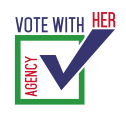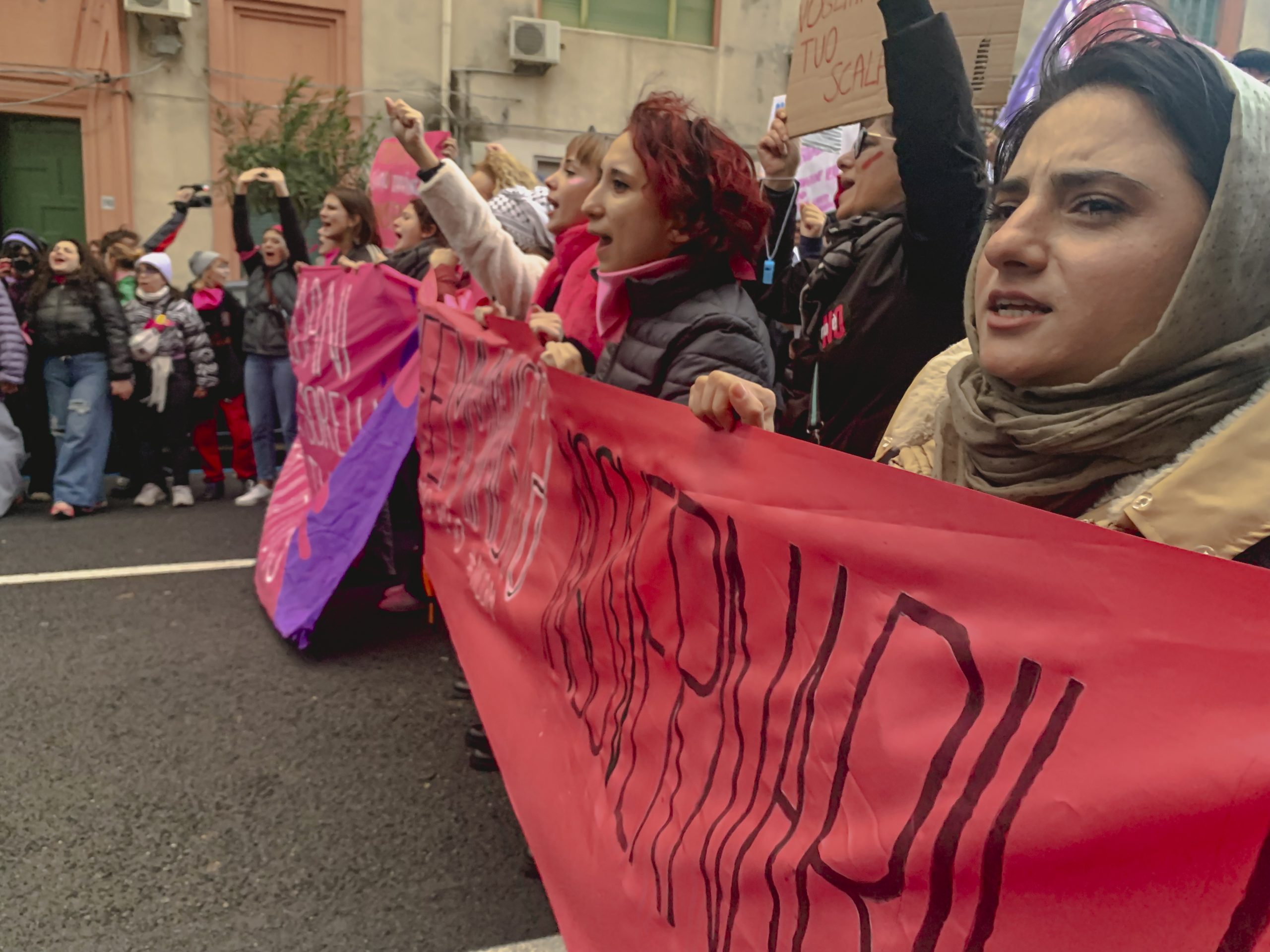
Educational Renaissance for Women
Text and photos by Hadia & Tahmina Ibrahim Khel
Meet Tahmina, a 26-year-old Afghan artist and activist leading the “Educational Renaissance for Women” campaign in Italy. She’s on a mission to help refugee women overcome their struggles through education, paving the path for a brighter future.
From June 6th to June 9th, 2024, YOU hold the power to shape the future of European politics in the upcoming elections. Your vote isn’t just a mark on a ballot; it’s a voice for change, a chance to stand up for what matters.
These elections are crucial for all women, in particular for migrant women like Tahmina and her fellow advocates to rally support for leaders who champion refugee rights. They aim to push for policies that open doors to jobs and education for migrant women, making their voices heard in the heart of Europe.
DO NOT FORGET to Mark your calendars for the upcoming election in Italy on 8-9th of July 2024. Your vote can make a difference for countless refugee women seeking a better life.
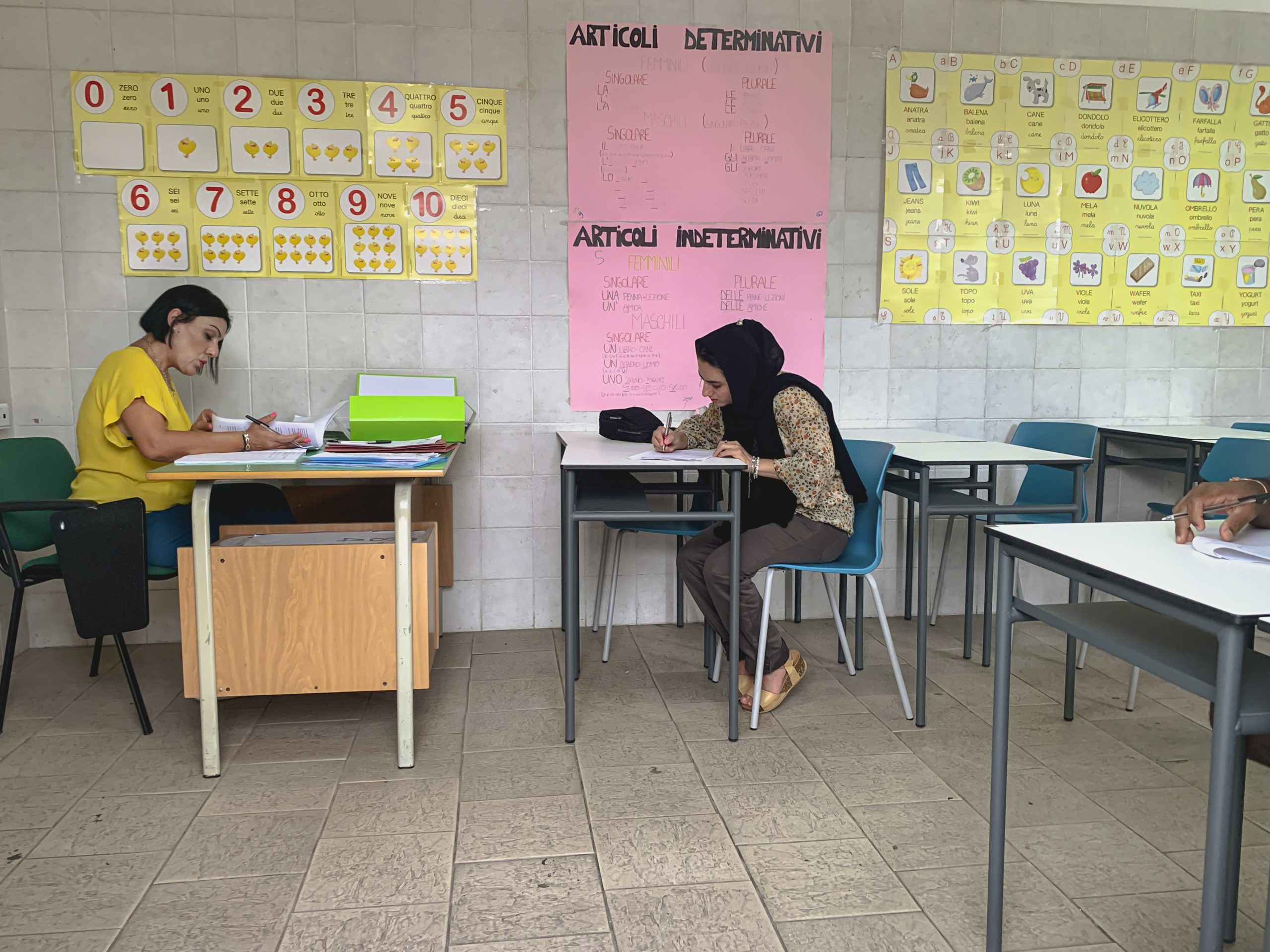
You might think what are the Impacts of the European Parliament on Migrant Women?
The decisions made in the European Parliament affect us all, especially migrant women. Every law passed shapes their opportunities and challenges, influencing their journey towards integration and empowerment. In short with your vote , you can have these impacts:
- Policy Influence: The European Parliament shapes laws affecting migrant women, from immigration to labor rights.
- Representation: Elected MEPs advocate for migrant women’s issues, providing visibility and voice at the EU level.
- Resource Allocation: Through budgets, the Parliament funds programs supporting migrant women’s integration and empowerment.
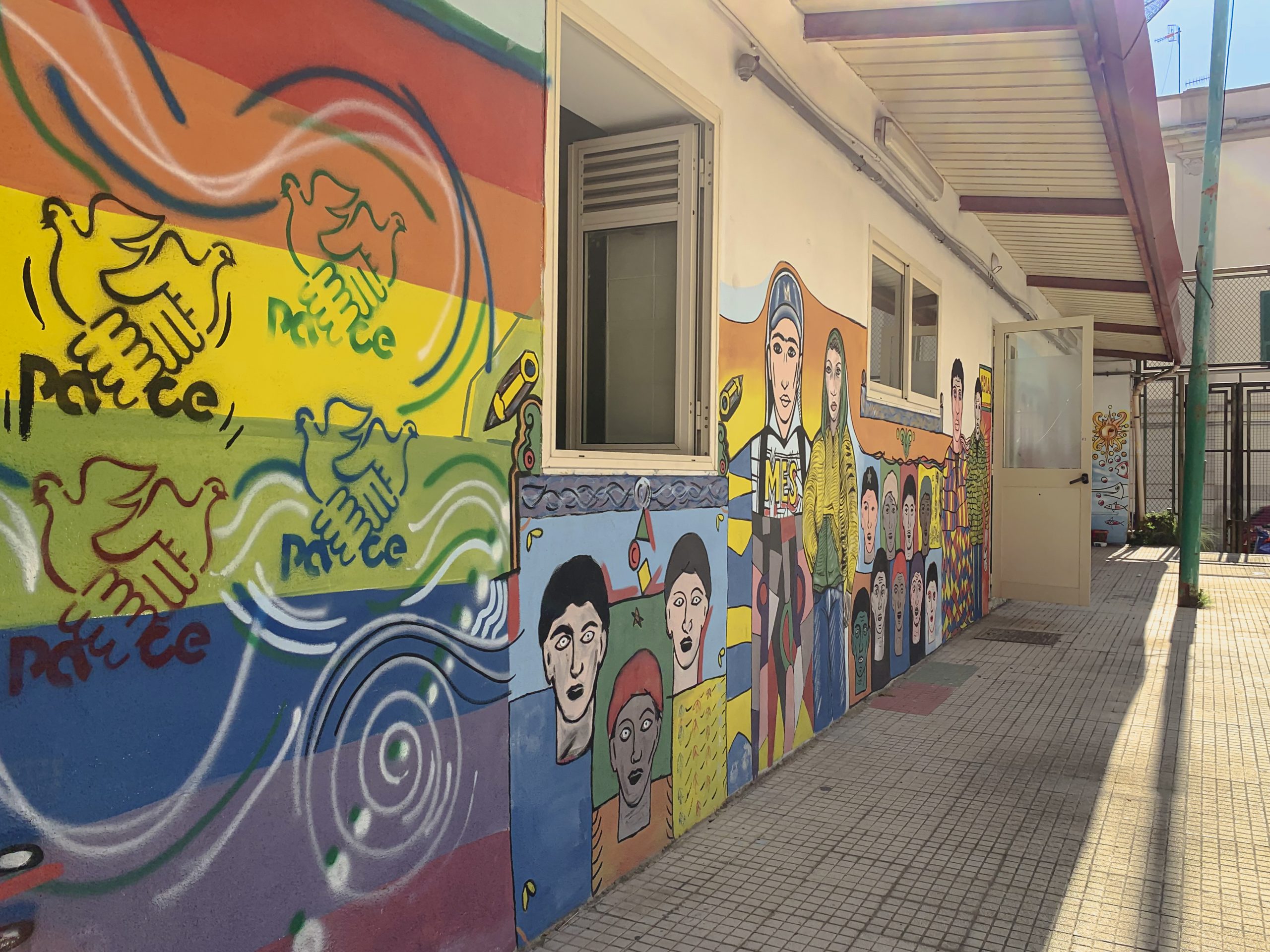
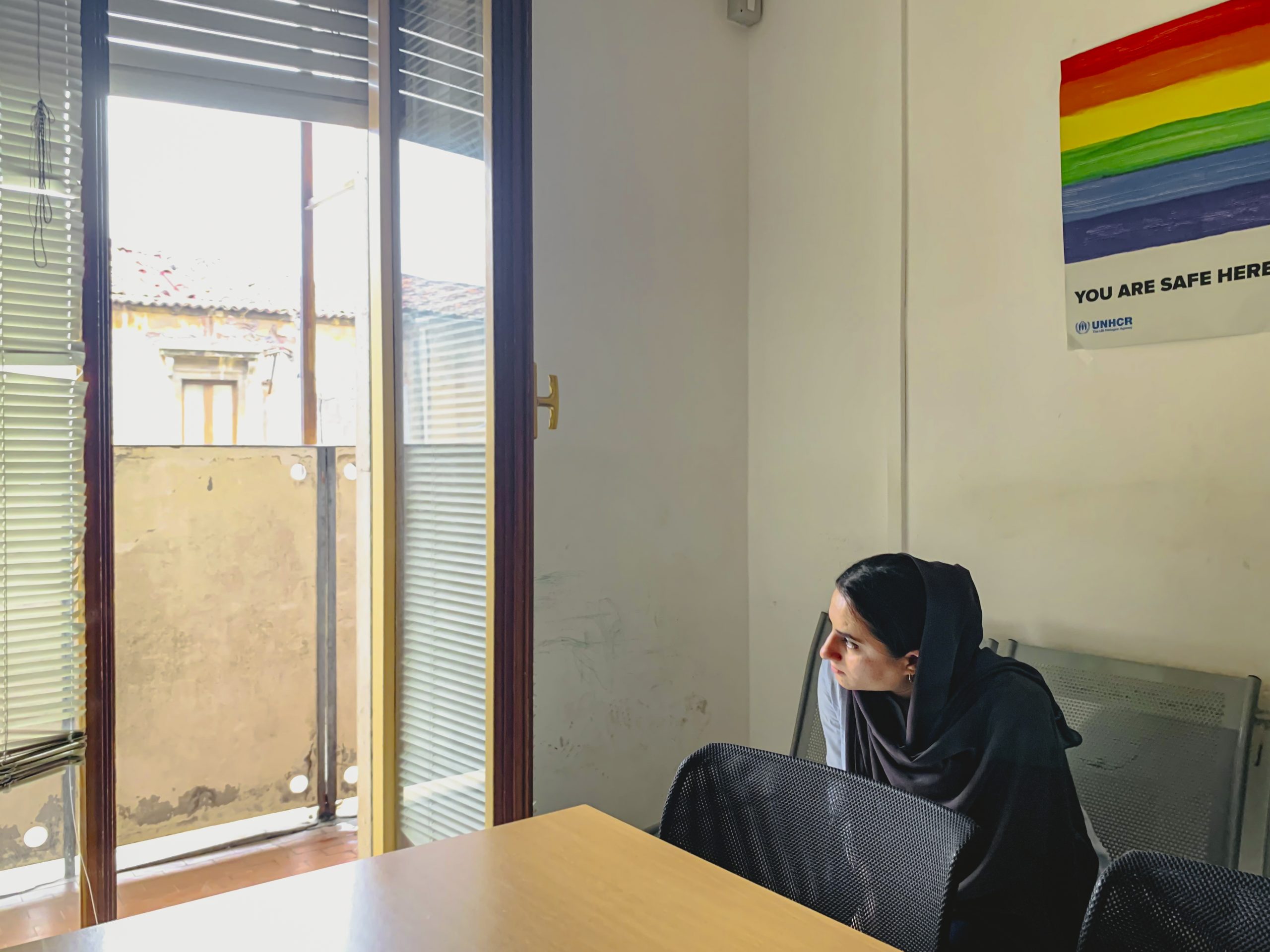
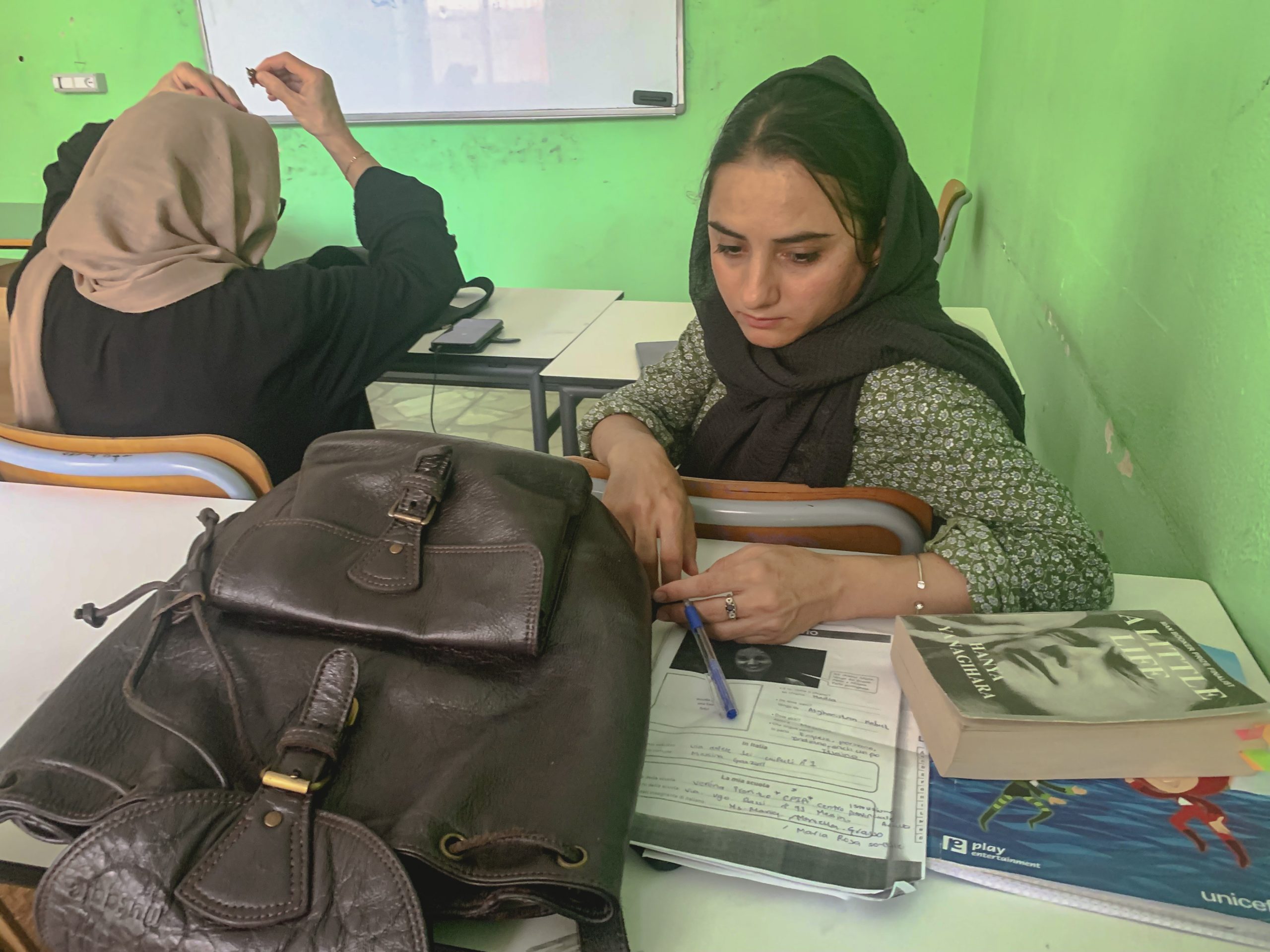

Based on the heart-wrenching data from UNHCR, in the year 2023, amidst the 270,180 souls who made it to Italy, with 3,760 tragically missing or deceased, and in 2022, among 160,070 arrivals with 3,017 unaccounted for, and in 2021, within 123,540 arrivals with 3,231 lost or perished, it pains to know that only 14.9 percent were courageous women who braved the journey, while a staggering 61.2 percent were men. These statistics unveil not just numbers but the stories of human suffering and desperation, shedding light on the stark gender disparities among migrants and refugees.
One of those souls is of Thamina: Tahmina’s struggles mirror those of countless migrant women in Italy. Her journey speaks volumes about the importance of education in reshaping lives and breaking barriers. Through her story, we understand that education isn’t just a privilege; it’s a lifeline for those seeking hope and opportunity.
Why Your Vote Matters: When you cast your vote, you’re not just choosing a representative; you’re choosing someone who will fight for the rights of migrant women. Your vote ensures that their voices are heard, their needs addressed, and their dreams supported.
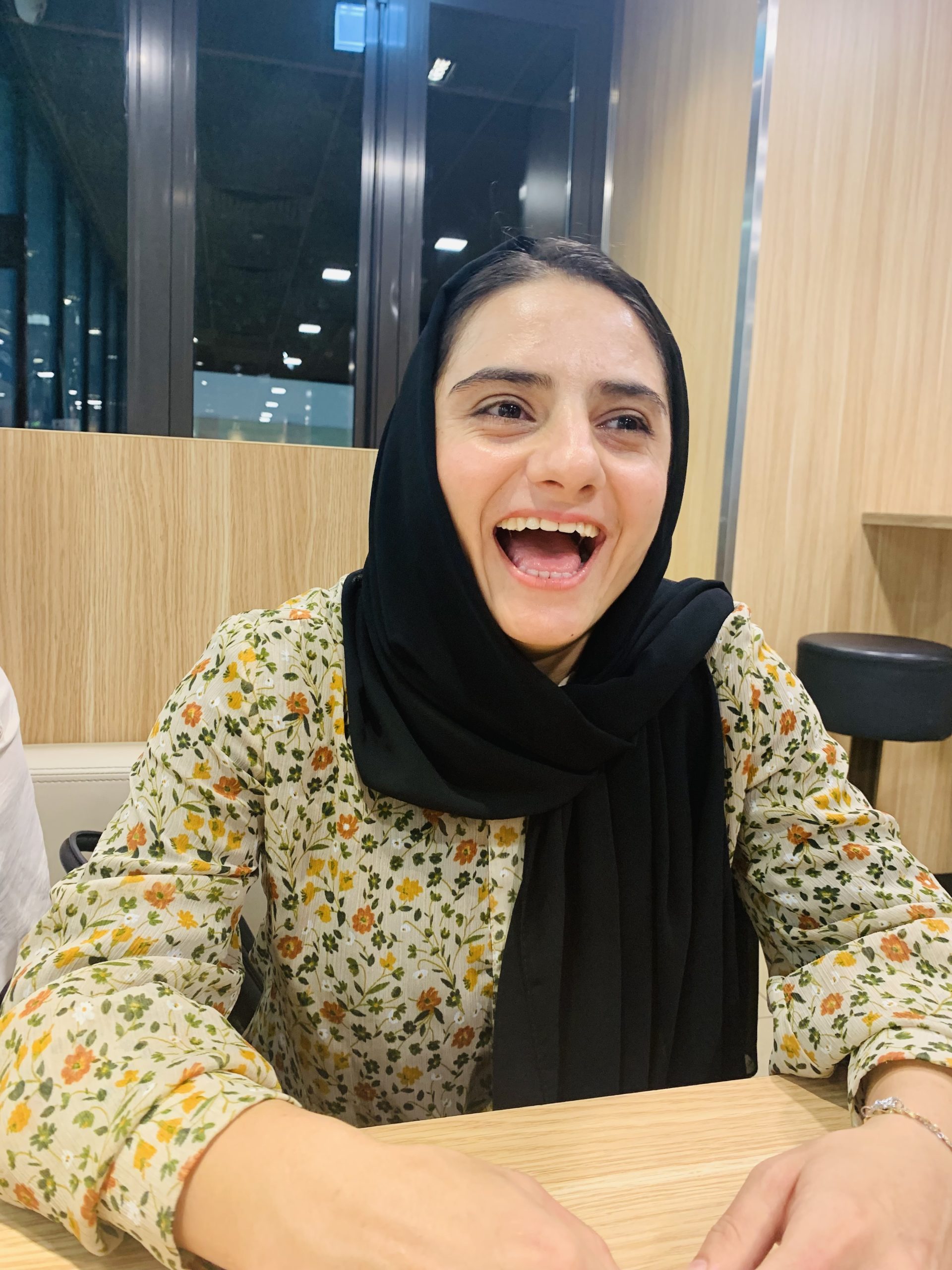
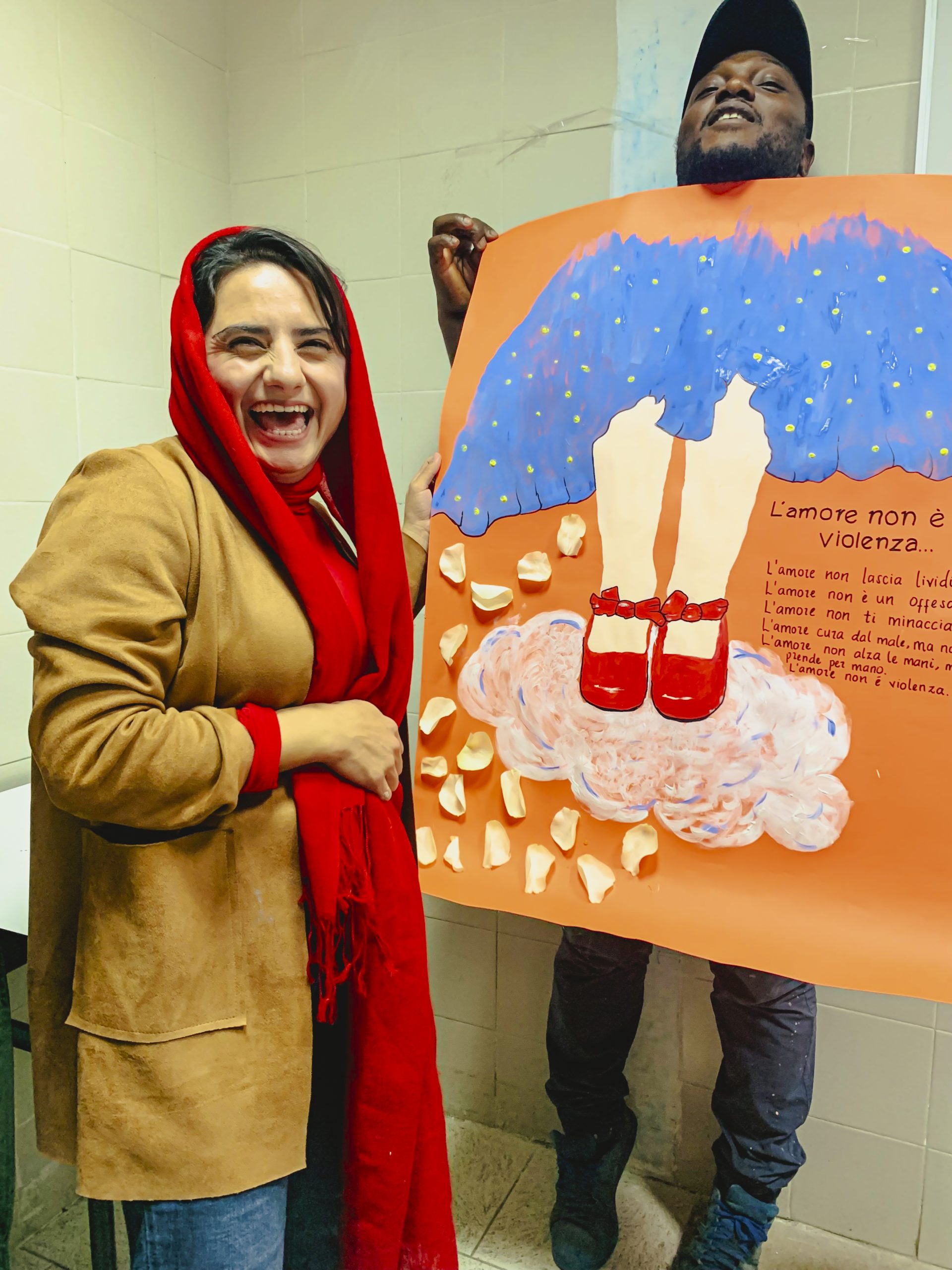
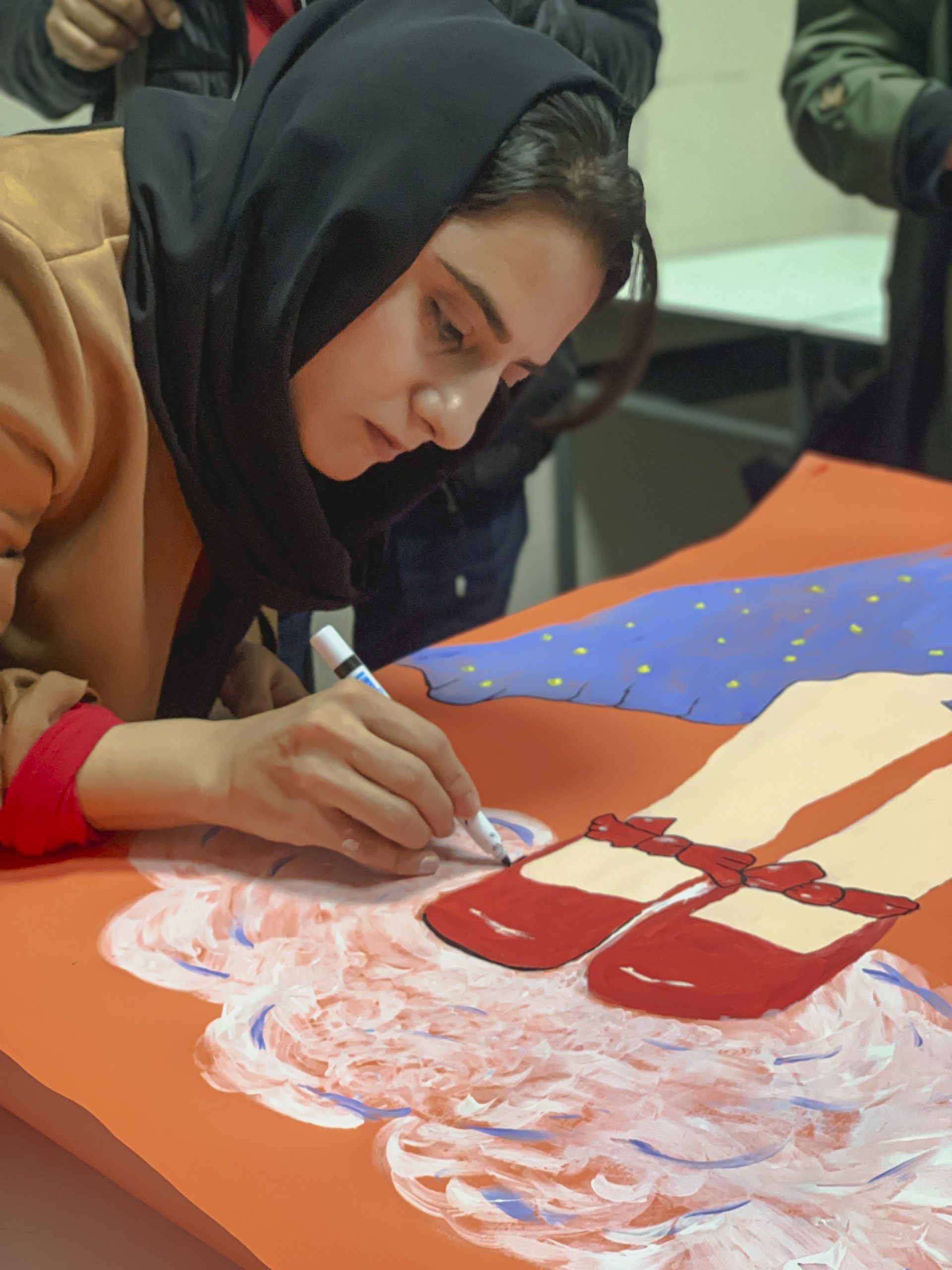
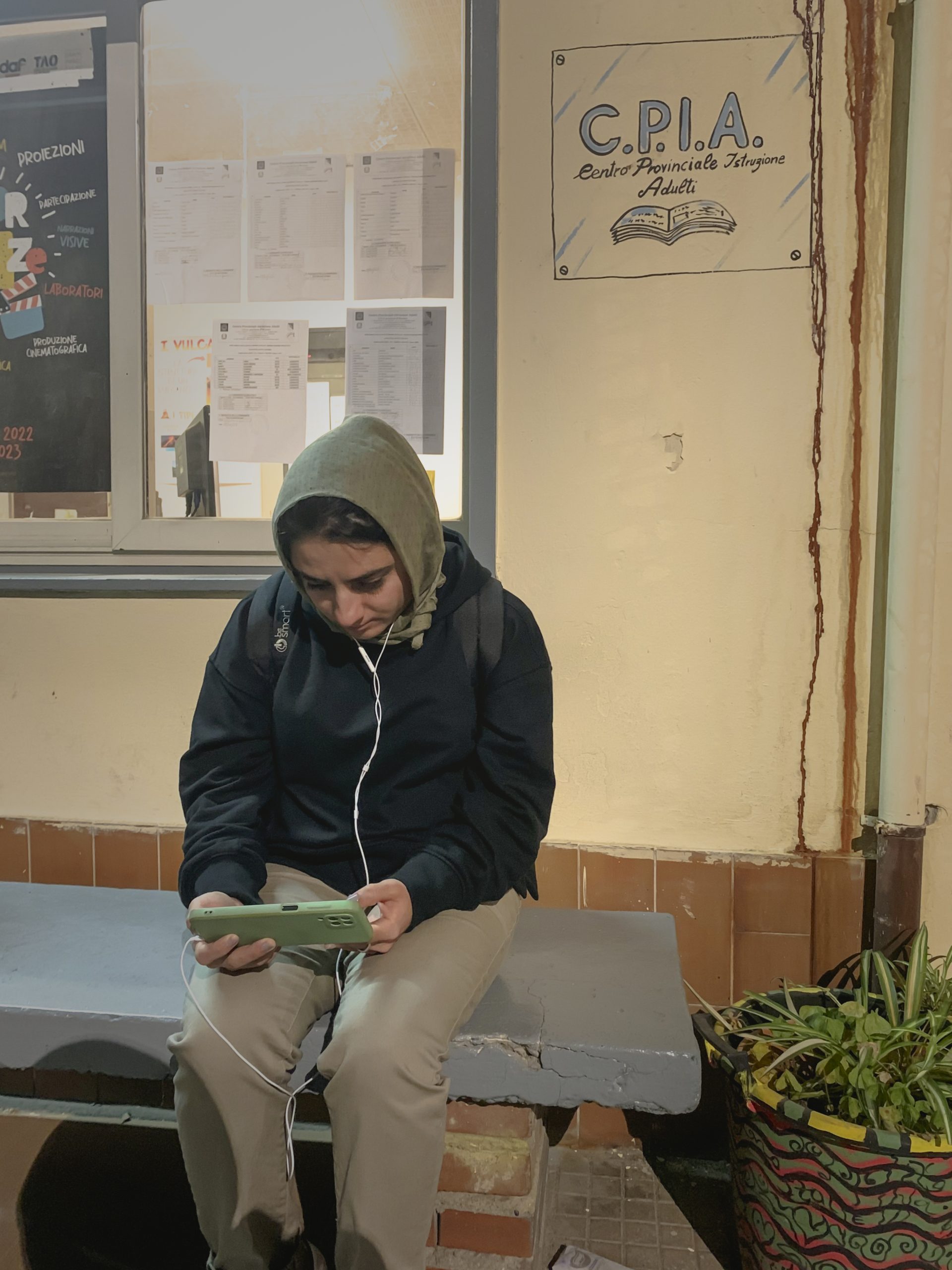
Interview with Tahmina
Tahmina’s journey, marked by resilience and determination, encapsulates her life under the Taliban’s shadow in the ’90s, her migration as a toddler to Pakistan, and her eventual return to Afghanistan, where she pursued her education. Despite completing her bachelor’s and embarking on a Master’s in Fine Arts at Kabul University, the Taliban’s resurgence in 2021 forced her to flee Afghanistan again. Now in Italy, Tahmina continues her advocacy for Afghan women and artists, drawing from her experiences across Afghanistan, Pakistan, and Italy to highlight the persistent struggles and barriers faced by migrant women. Her story, spanning decades and continents, underscores the unyielding spirit of women fighting for education and a voice in the face of adversity.
Interviewer: Tahmina, can you share your perspective on the current state of migrant women in Italy, and how it compares to your experiences in Afghanistan?
Tahmina: Absolutely. It’s disheartening to say, but I find very little difference between the challenges faced by migrant women here in Italy and the oppressive conditions back in Afghanistan. Each governing body seems to bring forth one reason or another, one excuse or another, to assist women or prioritize their needs. Under the Taliban government in Afghanistan, each of my rights was systematically taken away – slowly, either on the pretext of religion or because of my gender.
Interviewer: Could you elaborate on how you feel your title has become a barrier in Italy?
Tahmina: Here in Italy, it’s as if my title holds me back. We are being treated as if we have no rights or value. The discrimination, subtle or overt, echoes the oppressive environment I faced in Afghanistan. The excuses might differ, but the impact is hauntingly similar.You’ve mentioned continuing your education as a form of resilience. How does that compare to your experiences in Afghanistan?
Tahmina: In Afghanistan, under the Taliban regime, continuing my education, especially pursuing a Master’s degree, became an impossible dream. The restrictions on women were severe, and opportunities for academic and personal growth were stifled. Now, here in Italy, while I have the opportunity to pursue my education, the challenges are different. The trauma I’ve been through adds a layer of complexity, making it a healing journey as I navigate through the educational landscape.
Interviewer: How are you coping with the trauma and the challenges you’ve faced?
Tahmina: Coping is a process, and healing takes time. The trauma I’ve experienced, both in Afghanistan and during my journey to Italy, is significant. I’m finding my way, step by step. Education has been a source of strength for me, a way to reclaim a sense of agency. However, the road is not easy, and I am still in the process of healing from the hardships I’ve endured.
